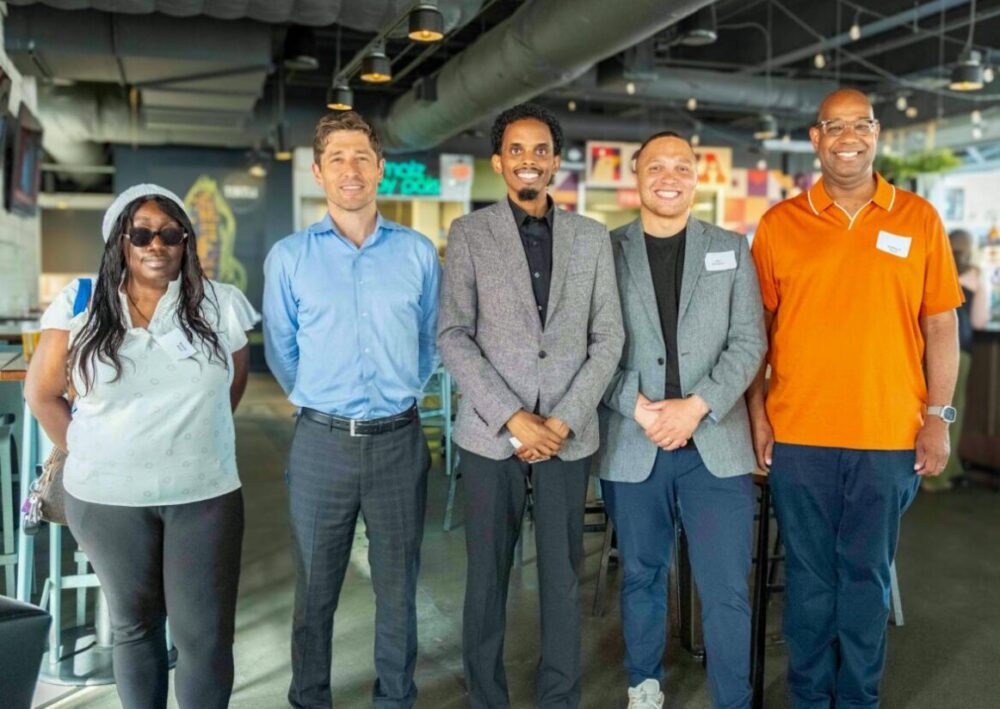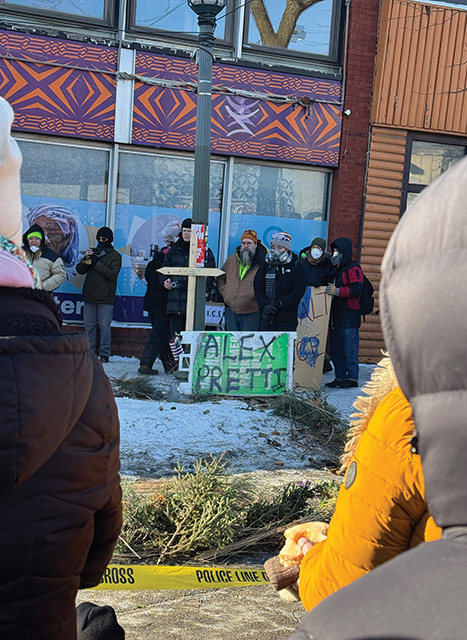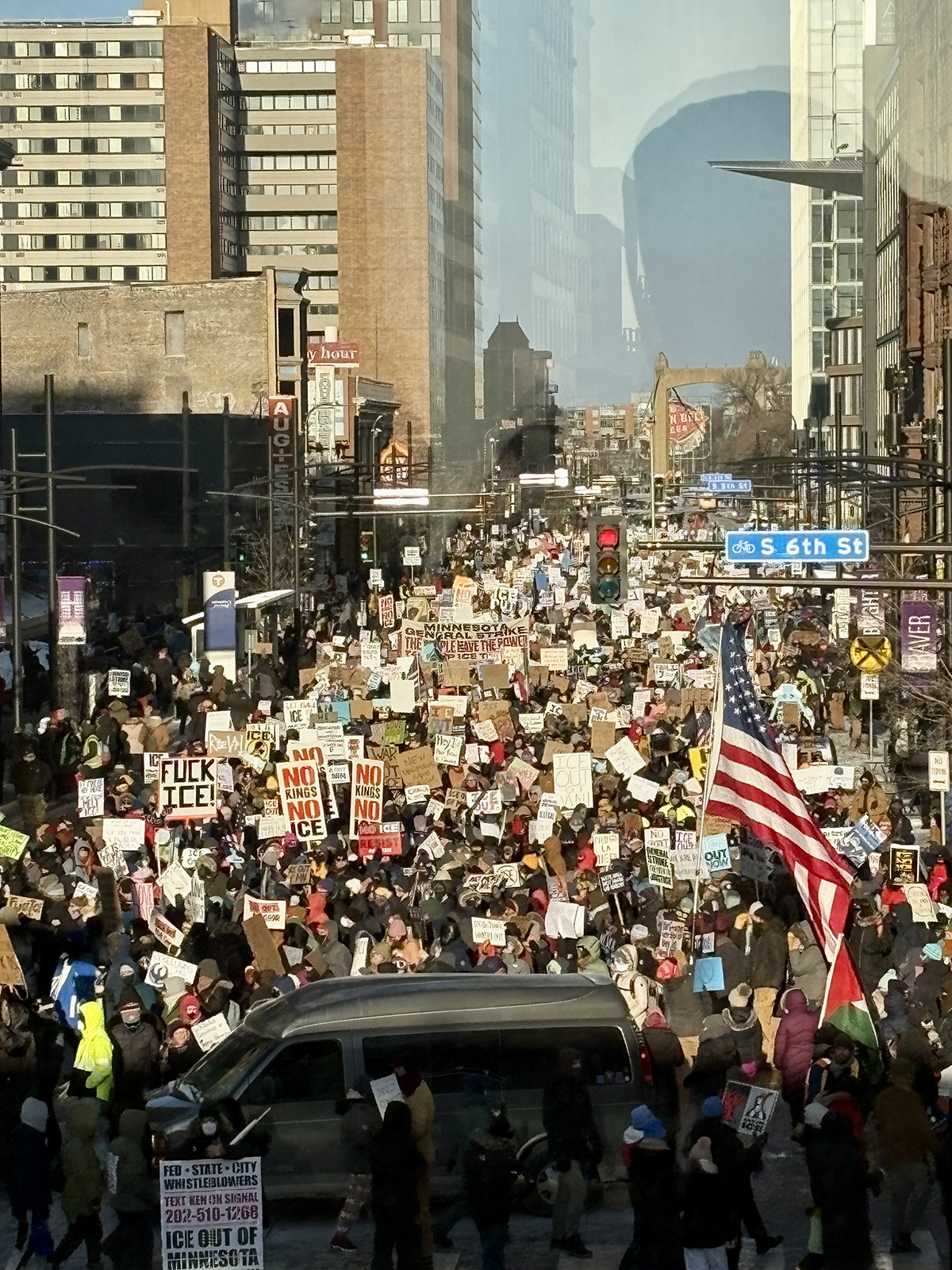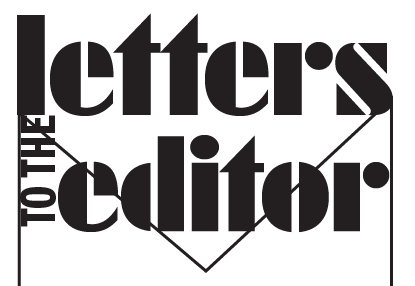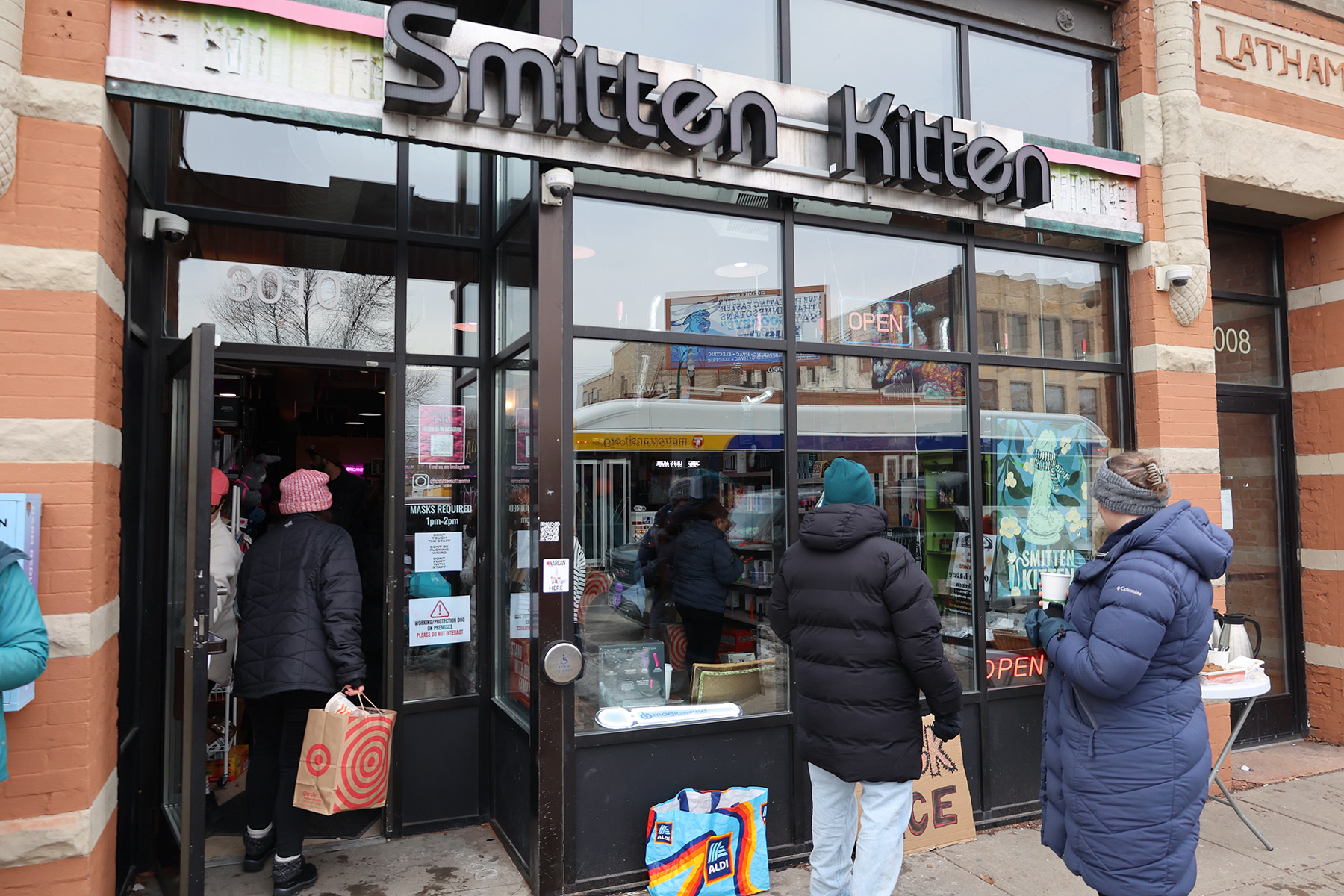On Saturday, July 19, the Minneapolis DFL will hold its city convention. Five candidates are currently seeking the party's endorsement: Mayor Jacob Frey, Sen. Omar Fateh, Jazz Hampton, the Rev. Dr. DeWayne Davis and Brenda Short.
Candidates who receive less than 10% of the delegate vote will likely face pressure to exit the race, with that percentage typically considered the minimum viability threshold at the convention.
While some may continue their campaigns regardless, a crowded debate stage can make it harder for voters to evaluate the field, especially those unfamiliar with ranked-choice voting.
Fundraising and volunteer recruitment also become more difficult for candidates who fail to gain traction at the convention.
This article focuses on the four leading candidates based on fundraising and campaign activity: Jacob Frey, Jazz Hampton, DeWayne Davis and Omar Fateh.
Brenda Short was not included, as public campaign finance records indicate Short's campaign hasn’t approached the $750 threshold needed for formal reporting on the City of Minneapolis portal and her campaign has not demonstrated the same level of organizational activity as the other candidates. Full interviews with the candidates are available at BetterMinneapolis.com.
Potential evaluation criteria
Delegates and voters alike must decide which criteria matter most to them. Is it endorsements? The candidate's experience? Their positions on key issues such as housing, public safety, taxes and economic development?
After spending time with the candidates and reflecting on the current state of Minneapolis, I developed a personal set of criteria that may be helpful to others.
I considered which candidate is most likely to respond well under pressure or in a crisis, whose values most closely align with my own and who can be trusted to provide clear, accurate updates about city operations. Most important, I reflected on each candidate's vision for the city — whether they are preparing Minneapolis for the economic and social challenges ahead.
Jacob Frey
First elected in 2017, Mayor Jacob Frey's tenure has encompassed a period of significant challenges that would have tested any sitting mayor. These have included the COVID-19 pandemic and its economic impact, the murder of George Floyd, rising concerns about crime, homelessness and opioid use, the transition to a strong mayor system, zoning law changes and debates over policies such as rent control and labor standards. He won reelection four years ago amid these challenges, demonstrating his ability to face adversity and lead.
Frey pointed to his record on affordable housing, highlighting growth in both subsidized and market-rate units during his tenure. He opposes rent control, arguing that while the idea may be politically appealing to some, he believes it would harm the housing market.
On public safety, Frey noted increased police staffing and reductions in emergency calls related to homeless encampments. He emphasized the importance of connecting people to long-term, stable housing rather than relying on large encampments. Frey said visible improvements have been made but acknowledged ongoing challenges.
His campaign is supported by a network of elected officials, business leaders and community advocates. Frey emphasized his ability to collaborate with diverse stakeholders and pointed to ongoing progress on police reform, housing and economic development.
On economic recovery, Frey expressed cautious optimism, noting that while progress takes time, small business activity is increasing in areas like Uptown.
Reflecting on his earlier terms, he said, “In virtually any other city in the entire country, I’d be considered quite progressive.” He added, “I’m not going to let ideology get in the way of good governance and truth.”
Jazz Hampton
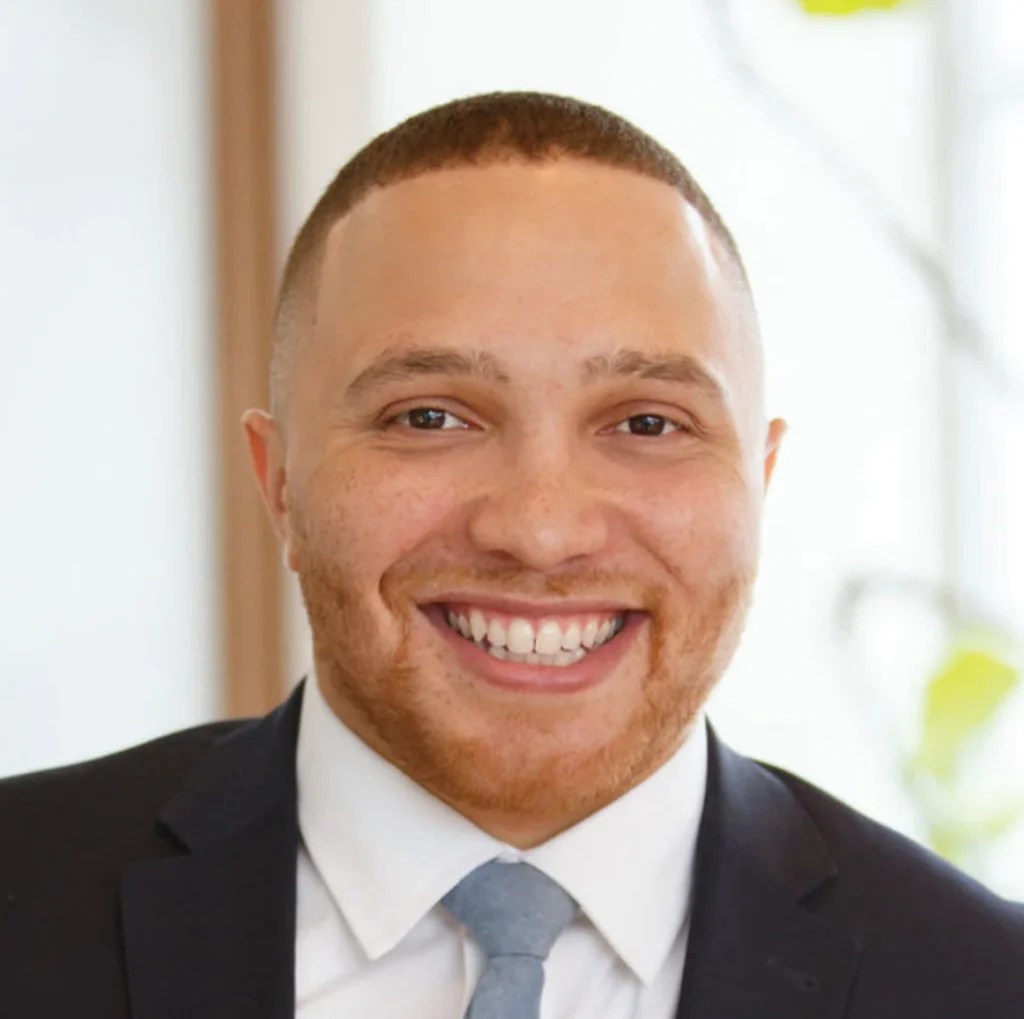
Jazz Hampton brings a background that includes legal, business and nonprofit experience. He is the CEO of TurnSignl, a company that provides real-time legal guidance during traffic stops. He is a former public defender, corporate attorney and member of the Minneapolis Foundation board and he teaches finance for entrepreneurs at the University of St. Thomas.
Hampton, a lifelong Minneapolis resident, describes himself as a bridge-builder. "You have to sit at the table with people that disagree with your viewpoint," he said. He emphasized diversity of thought and lived experience, noting his local roots compared with other candidates who moved to Minneapolis as adults.
Hampton identified affordable housing, public safety and neighborhood-focused economic development as key priorities. He pointed to his work with TurnSignl and his legal background as examples of how he has worked to promote safety and support communities.
As a Black man of biracial heritage, he brings a nuanced perspective to police-community interactions. He recounted a personal experience when police responded to his home after he forgot his alarm code. While grateful for their protection, he still felt apprehensive meeting them at his door. “I’m nervous for any police officers approaching my house and responding to something, and to pretend like only one [of these feelings] exists is wild to me. They both exist. We have to address both of them,” he said.
His campaign has earned endorsements from a growing coalition of business leaders, legal professionals and community advocates. Hampton emphasized his belief that addressing regulatory barriers, supporting small businesses and improving public safety require collaboration across sectors.
DeWayne Davis
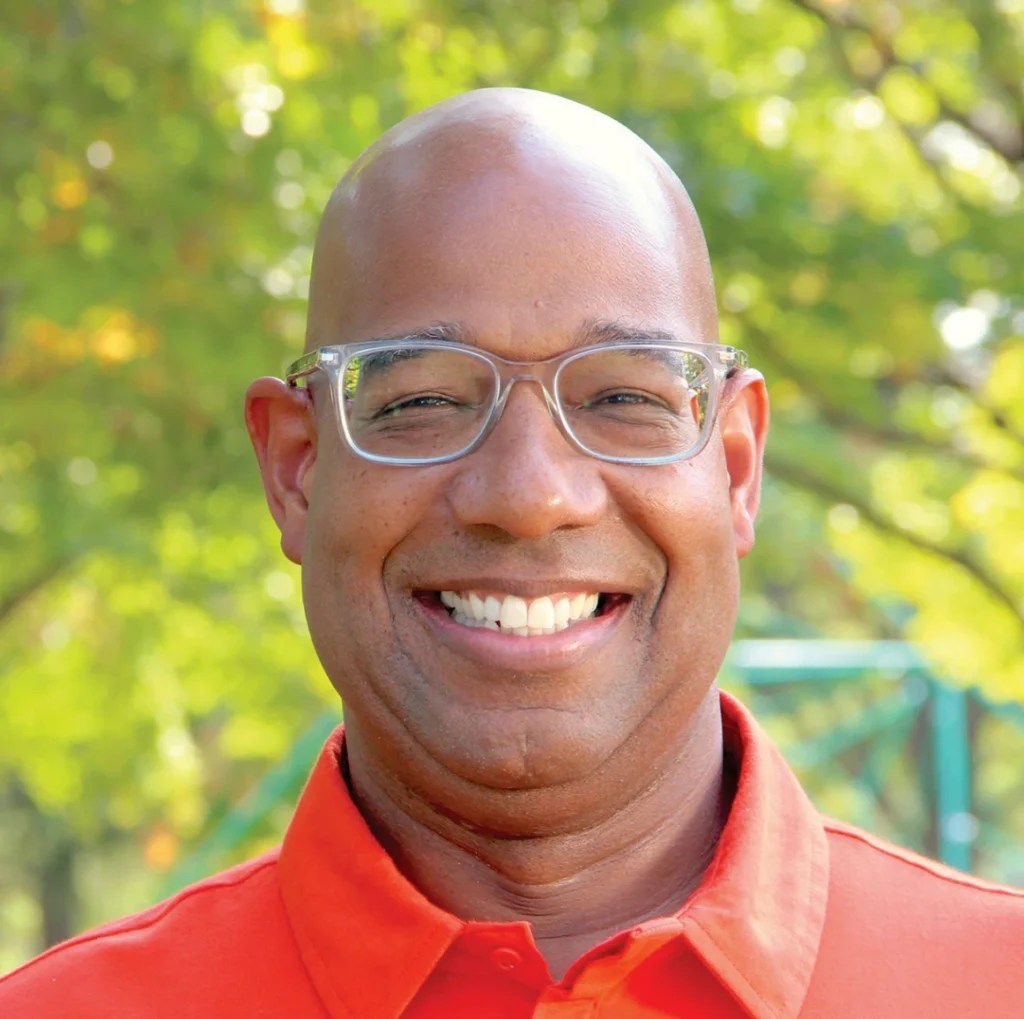
The Rev. Dr. DeWayne Davis, former lead minister at Plymouth Congregational Church, is running for mayor to address what he sees as stalled progress and deepening disparities in Minneapolis. A gay Black man, Davis moved to North Minneapolis 12 years ago, drawn by the city's reputation as “the most walkable city, the most livable city, with the greatest quality of life — a progressive oasis in the Midwest.”
But while working at NorthPoint Health and Wellness Center, he quickly realized those qualities were not shared by all residents. He began to see the city’s inequities in a powerful way, which he believes must be addressed to get Minneapolis “unstuck.”
Davis highlighted his work in faith leadership, community health and advocacy as evidence of his ability to bring people together. He described his campaign as values-driven, focused on dignity, cooperation and inclusive governance.
On public safety, Davis supports increased investment in non-police alternatives, such as safety ambassadors and violence interrupters, along with improved 911 response times. On housing, he backs rent stabilization and stronger renter protections. For economic development, he supports zoning and permitting reforms while encouraging entrepreneurship.
Davis emphasized that his campaign is building a diverse coalition of faith leaders, housing advocates and community organizers committed to addressing disparities and advancing equity.
He acknowledged the city's history of change, saying, "The city of the future is going to look different. We have to be open to what that future will look like."
Omar Fateh
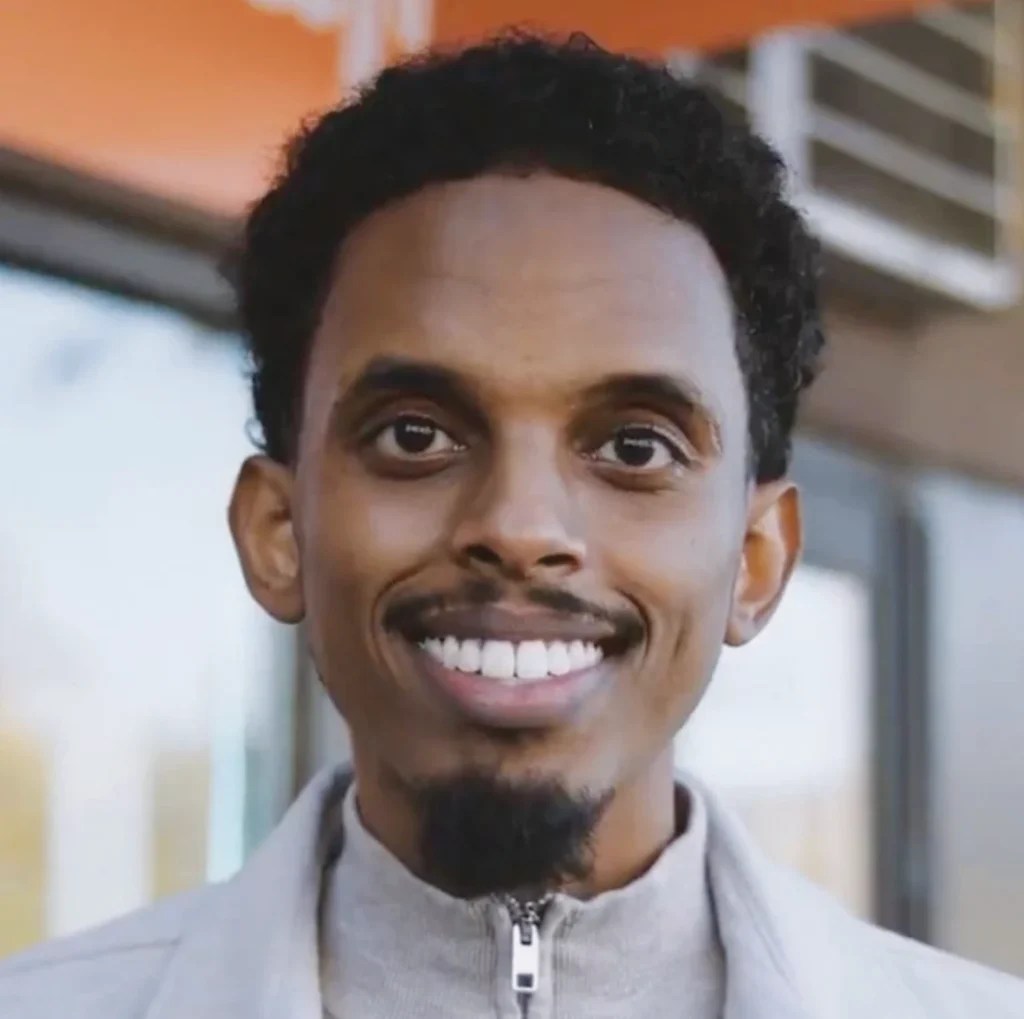
Sen. Omar Fateh, who represents Minnesota Senate District 62, entered the mayoral race with a pledge to help build “a city that works for everyone.” He pointed to his legislative record, which includes work on free college tuition, wage protections for gig workers and securing state funding for public safety in Minneapolis.
Fateh says he was inspired to run for mayor after seeing “firsthand what a progressive legislature can do with the right executive,” but believes the current mayor “hasn’t delivered on a vision for public safety.”
Fateh's campaign priorities include stabilizing housing costs, diversifying public safety responses and exploring new revenue sources to offset the property tax burden. His proposals include a commercial vacancy tax, converting commercial properties to residential use and considering a local-option income tax.
His affiliation with the Democratic Socialists of America has drawn some criticism. Fateh emphasized that while he identifies with the group's progressive values, his work has focused on coalition-building and delivering tangible results, including bipartisan support for free college tuition and improved wages for Uber and Lyft drivers.
Fateh said his personal and professional experiences shape his belief that the city needs leadership focused on equity and collaboration.
Conclusion
The four leading candidates differ in background, experience and approach but share common concerns about housing, public safety and economic development. Their distinctions, however, are significant.
Frey positions himself as an experienced incumbent focused on pragmatic governance, citing his record on affordable housing and public safety. Hampton brings a legal and business background and emphasizes collaboration and neighborhood-focused economic development. Davis centers his campaign on values-driven leadership and equity, with strong support for rent stabilization and non-police safety alternatives. Fateh frames his candidacy around bold structural change and progressive policies, including new revenue tools and expanded renter protections.
The decision before voters is not just about policy but about leadership style, track record and philosophy. With ranked-choice voting, residents can express preferences among multiple candidates. Regardless of the outcome, this election will help determine the direction of Minneapolis at a critical time in its history.
